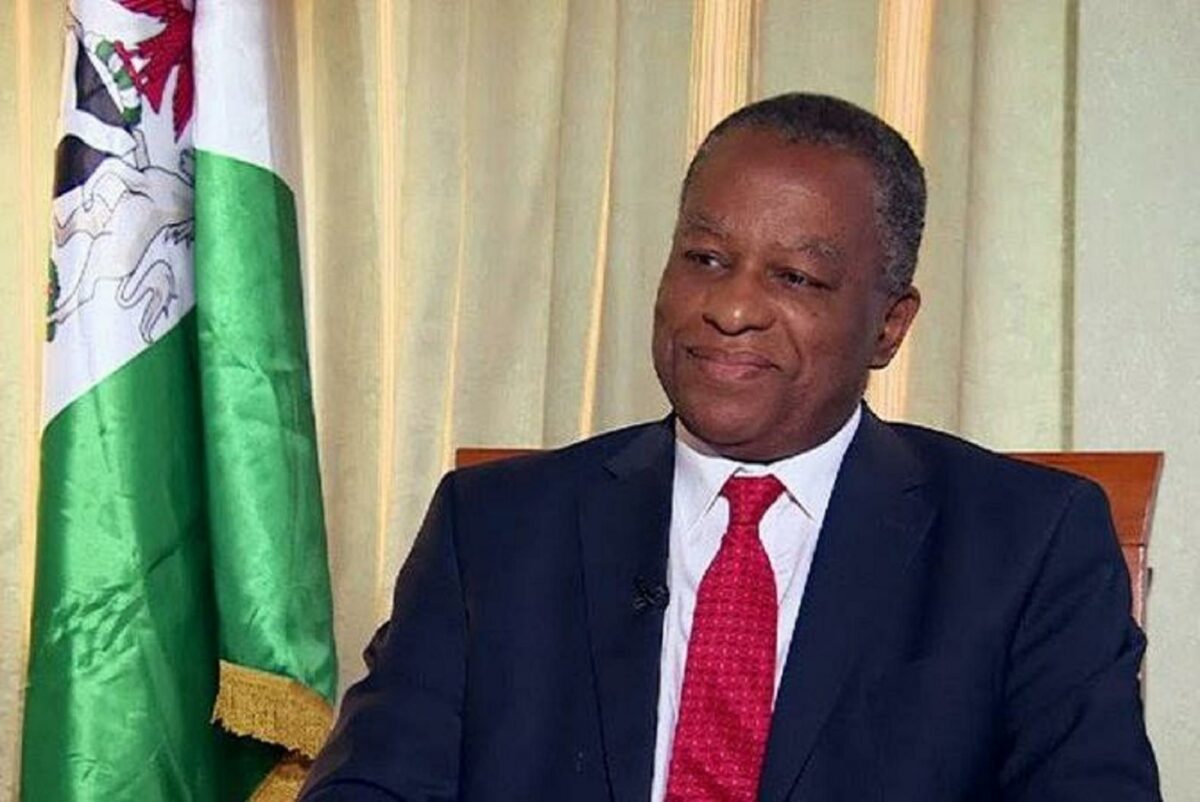Foreign Minister Geoffrey Onyeama closed out a three-day international conference on October 27 on ensuring safe education for all children, even during times of armed conflict.
The Safe Schools Conference, which the Nigerian government hosted both in Abuja and virtually to account for the COVID-19 pandemic, was the fourth time officials from around the world have gathered to discuss international and domestic initiatives to better protect students, teachers, schools, and universities during war. But it was also, the first time the conference was held on the African continent; the first time it was hosted by a country confronting ongoing threats to its students, teachers, and schools; and it was the largest gathering of its kind to date.
The conference was united around support for the Safe Schools Declaration; a political commitment to take common sense steps to make it less likely that students, teachers, and school will be targeted and attacked during war, and to respond better when such attacks occur to mitigate the consequences. The Declaration was drafted in 2015 under the leadership of Norway and Argentina—two of Nigeria’s co-hosts of the conference, along with Spain, the African Union, and the organization I direct, the Global Coalition to Protect Education from Attack. Nigeria was among the first countries to sign on, and as of today 112 countries have accepted the Declaration’s commitments.
There was good news to celebrate at the conference. We presented evidence that the practice of armed forces and armed groups using schools and universities for military purposes—such as converting them into barracks and bases—is on the decline among countries that were among the first to join the Declaration. We found that among the 13 countries affected by conflict that endorsed the Declaration in 2015 and 2016, instances of the military use of schools dropped by almost two-thirds, from 180 incidents in 2015 to 70 in 2020.
But such conferences should not just be occasions for officials to meet and congratulate themselves. The decline in military use of schools in countries that endorsed the Safe Schools Declaration occurred although attacks on education and the military use of schools and universities increased globally by a third in 2020 compared with 2019, while the COVID-19 pandemic forced the prolonged closure of education facilities around the world. So, there is plenty more work to be done.
Moreover, the wrap-up of the conference should not end Nigeria’s global leadership role to protect students, teachers, and schools during conflict. One of the unique aspects of this conference was that it brought together of the Foreign Affairs, Defense, and Education Ministries to work together on this issue.
I would challenge the Foreign Ministry to take the leadership role in ensuring that the Economic Community of West African States (ECOWAS) becomes the first regional community in the world to have universal endorsement of the Safe Schools Declaration. Only three countries remain to reach this target: Cape Verde, Guinea, and Guinea-Bissau. (Just three European Union countries—Hungary, Latvia, and Lithuania—have yet to endorse as well, so the race to be the first region could be close.)
I would urge the Defense Ministry to use their experiences and credibility to convince ECOWAS to ban the use of schools for military purposes during any ECOWAS-led military or peacekeeping action. Both the United Nations and the African Union have already adopted such bans for their peace operations.
In late 2018, Nigeria’s Education in Emergencies Working Group, led by the Education Ministry, sought an amendment to the Armed Forces Act, proposing that school buildings and premises be made unavailable for military requisitioning. The aftermath of this week’s conference seems ideal timing to work with the Defense Ministry to ensure passage of such an amendment by the National Assembly.
These three ministries could realistically achieve these goals within the coming year. Doing so would create a shining legacy for Nigeria’s leadership this week, and be a concrete example of the conference’s overall message that we should continue to turn good words into real action.
Diya Nijhowne is the Executive Director of the Global Coalition to Protect Education from Attack

 Join Daily Trust WhatsApp Community For Quick Access To News and Happenings Around You.
Join Daily Trust WhatsApp Community For Quick Access To News and Happenings Around You.


